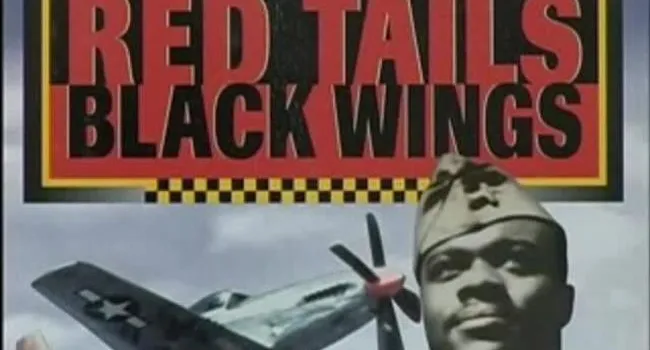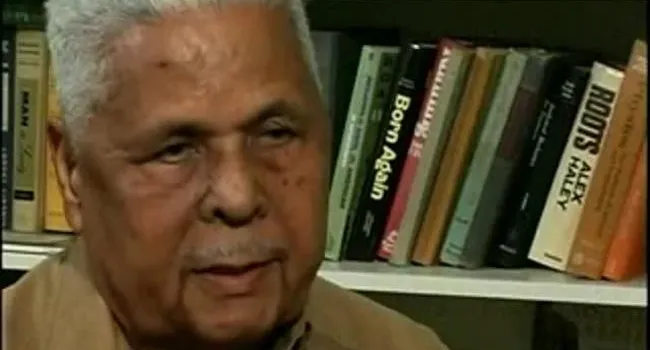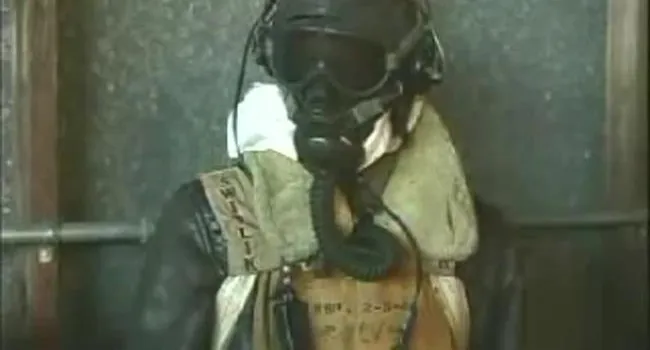About the Panel
Hosted by ETV, Connections host P.A. Bennett moderates a forum during the 60th Anniversary for the Tuskegee Airmen. The members of the panel included:
- Lt. Colonel Spann Watson (1916-2010), Tuskegee Airman
- Lt. Colonel Hiram Mann (1922-2014), Tuskegee Airman
- First Lt. Leroy Bowman (1922-2014), Tuskegee Airman
- Master Sergeant William T. "Bill" Simmons (1922-2009), Tuskegee Airman
- Captain Taj Tory, F16 Pilot
Who are the Tuskegee Airmen?
Until the 1940s, African Americans were limited to certain roles in the military. They could not hold leadership roles and were denied skilled training in such areas as flying an aircraft. In 1941, an all African American flying squadron was established in Tuskegee, Alabama.
The purpose of this Army Air Corps program was to train African Americans to fly and maintain a combat aircraft. The people involved in this experiment acquired the name "Tuskegee Airmen." The members of this squadron were not all pilots, but some were navigators, bombardiers, maintenance and support staff, and instructors. Basically all the personnel involved in keeping the planes in the air were considered "Tuskegee Airmen."
Tuskegee Institute, founded by Booker T. Washington, was selected as the training ground for the pilots. The school had the facilities, technology and climate for training year-round with airplanes. By World War II, the Tuskegee program had expanded and become the center for African American aviation. The Tuskegee Airmen paved the way for full integration of African Americans into the U.S. military.
Standards
- 5.3 Demonstrate an understanding of the economic, political, and social effects of World War II, the Holocaust, and their aftermath (i.e., 1930–1950) on the United States and South Carolina.
- 8.5.CO Compare South Carolina and U.S. wartime contributions and demobilization after World War II.
- USHC.4.CC Examine the continuity and changes on the U.S. homefront surrounding World War I and World War II.










